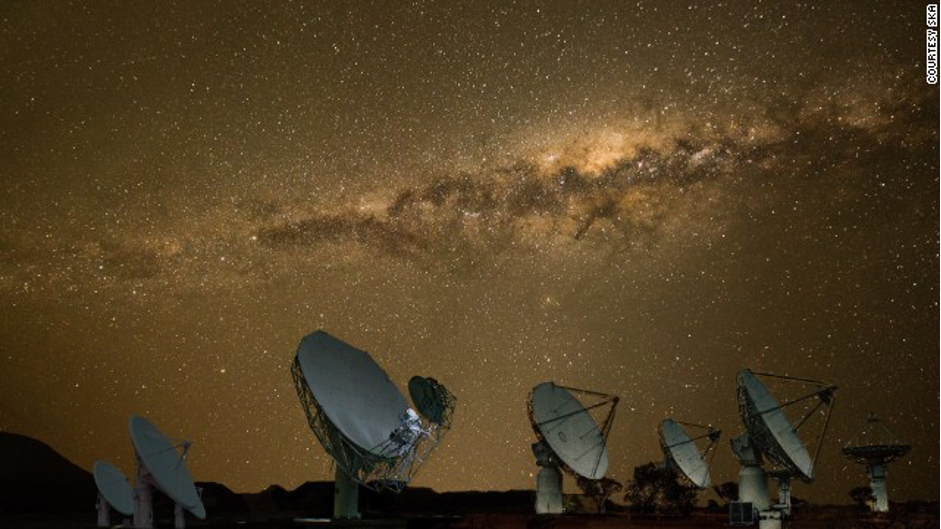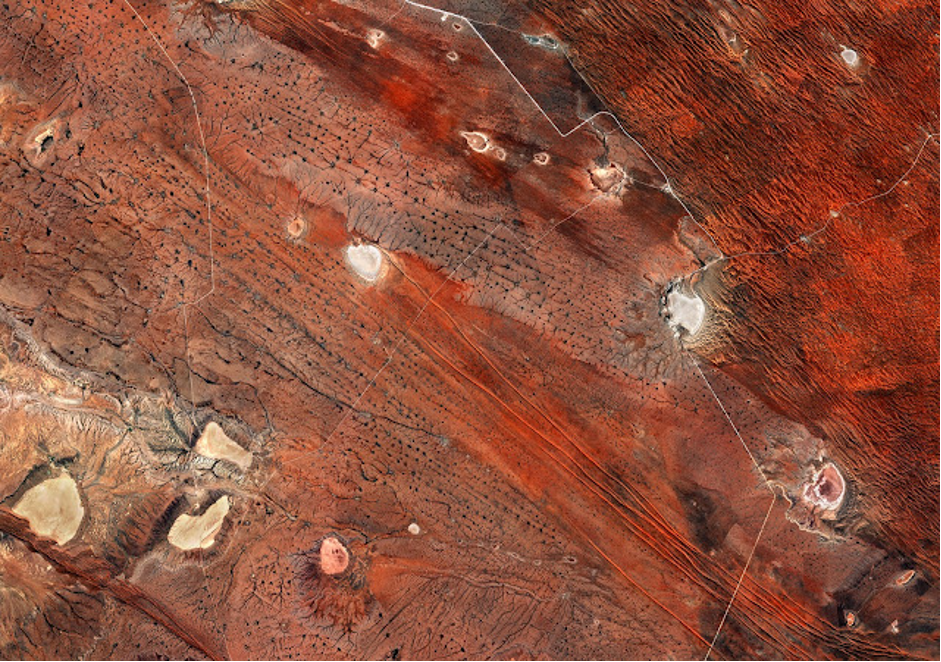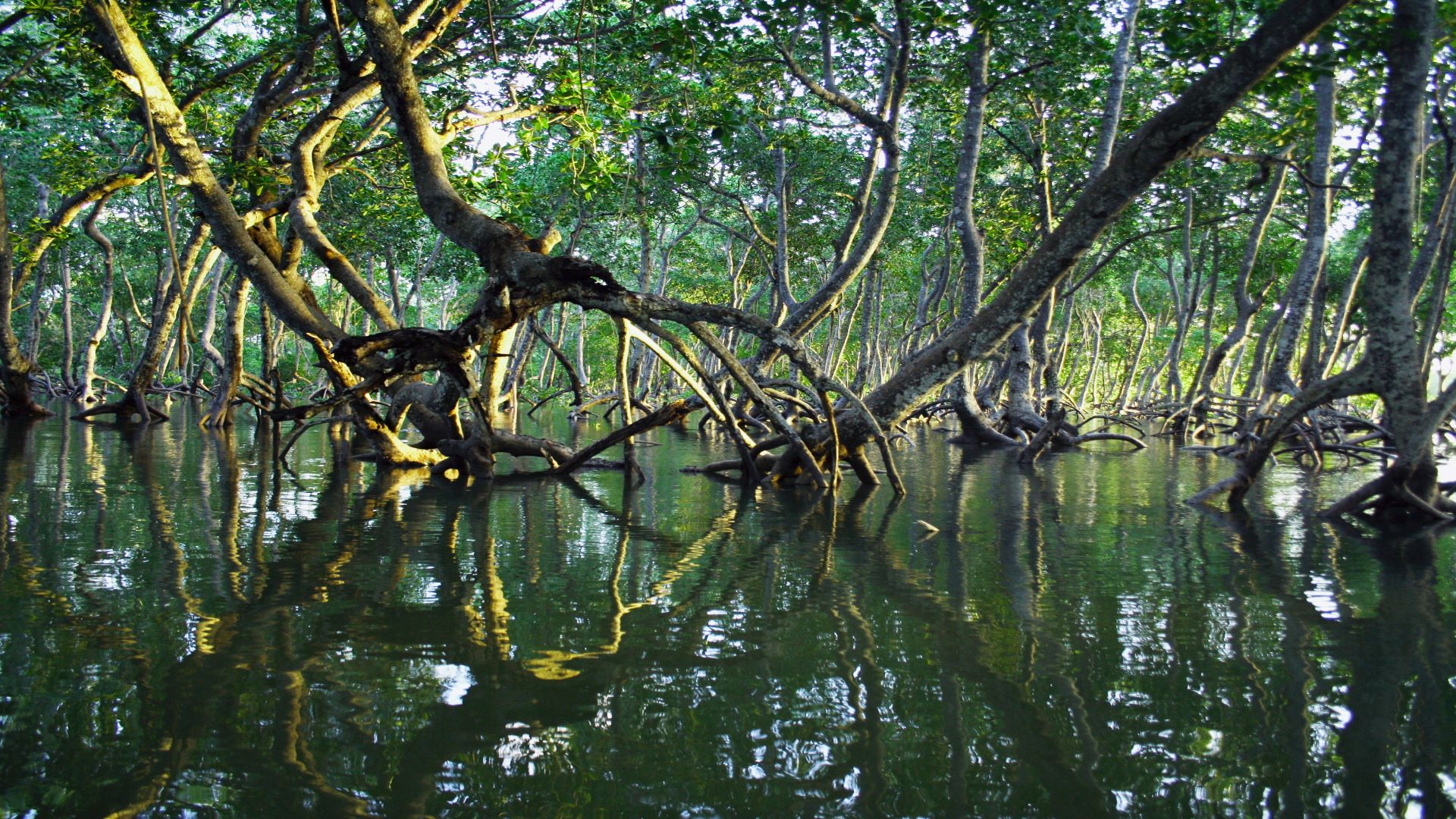In recent times, no one can imagine a world without the need for technology because technology has made life easier and simpler. The enormous benefits humans enjoy due to the presence of technology can not be overlooked in this global village we exist in. Space Science Technology is a field with much interest in recent times, and Namibia is one of the African countries taking advantage of this field.
NAMIBIA & SPACE TECHNOLOGY

In Africa, Space science is a field being discovered. Namibia is one nation which understands the relevance of this field and its long-term goal interconnected to sustainable development that supports goals of management of natural resources, improving agricultural output, managing disease outbreaks and other natural hazards, climate change mitigation and adaption, and provision of valuable information to assist in anti-poaching and peace-keeping operations.
The government of Namibia has recognized the importance and benefits of space science technology for the socio-economic development of its citizens and nation. Its national developmental plans, programs, acts, and regulations have documented this. Furthermore, its ministry of Higher Education, Technology, and Innovations have designed stipulated measures to realize this vision. In addition, the populace of Namibia benefits from the relevant services provided by space science technology. Also, the use of this technology reflects in the nation’s development.
NAMIBIA LAUNCHES SPACE TECHNOLOGY PLAN

Namibia launched the first-ever space, science, and technology Policy in Africa. This Policy was launched on the 4th of June 2021, and its policy framework seeks to provide a guide for the use of space resources and contribute towards the socio-economic growth and development of the country.
According to Kandjii-Murangi, Namibia’s Minister of Higher Education, Training and Innovation policy is a tool for strengthening the capacity of both experts and institutions in space and exploring global partnerships to attract science and promote innovation. A period of a decade that is from 2021 to 2030, has been stated as the implementation period for this Policy.
This Policy is a well-structured framework for space science and technology activities. The sections of the policy address problems faced by the nation and the rationale for the development of the Policy, policy alignment, guiding principles, core of Policy, and the implementation of the Policy. The Policy aims to transform Namibia from a mere consumer to becoming a role player in the global space arena since Namibia has been a consumer of space products and services since the era of the Space science technology era. The Policy is built on international, regional and national regulations such as the UN Outer Space Treaties, the African Space Policy and Strategy, SADEC Protocol for Science and Technology, and many more.
The Policy stipulates the activities science and space technology would be used for in Namibia. These include; peaceful purposes such as mitigation of hazards and diseases, sustainable development such as management and utilization of natural resources in climate change, communication and many more. Also, collaborative partnerships, be it international, private or public programmes and projects that will help to build regional centres for data sharing with other countries and collaborations, are centred on the exchange of experiences and introduction of common programs with the aim of closing gaps in terms of space activities. Also, human and institutional capacity focuses on initiatives to develop a pool of skilled resources in space sciences and technologies.
In addition, stimulating the National System of Innovation is a great advantage for creating new businesses and industries. Finally, for security purposes, mainly due to growing threats, including cyber threats, from space. Hence, Namibia would like to collaborate with other partners to contribute to global space security.
 SOUTHEAST NAMIBIA AND THE WESTERN EDGE OF THE KALAHARI DESERT
SOUTHEAST NAMIBIA AND THE WESTERN EDGE OF THE KALAHARI DESERT
Namibia is gradually moving from an era that places less importance on issues that do not pertain to Sciences, Technology Education, and Mathematics (STEM) to one focused and more enlightened about them. The country’s geographical location is one of its advantages as it provides a space for a natural laboratory for climate-related research in Namibia for better-negotiating agreements with other countries, agencies, and organizations interested in astronomy and earth observation willing to use Namibian skies for various observations and data collection.


